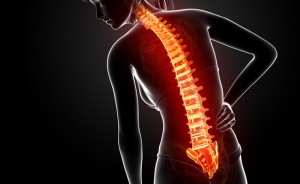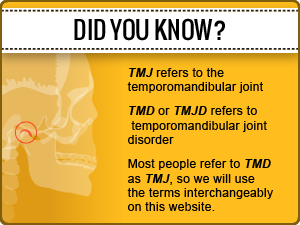Airway Related Sleep Problems:
Snoring, Sleep Apnea & Forward Head PostureDo you have airway related sleep problems?
 Do you wake up at night feeling you are unable to breathe? Does your bed partner say you snore or quit breathing during the night.
Do you wake up at night feeling you are unable to breathe? Does your bed partner say you snore or quit breathing during the night.
Do you wake during the night to urinate? Do you wake in the night and can’t fall back to sleep?
These can all be considered warning signs that signal serious, sometimes life-threatening problems. They are signs of disruptive sleep patterns.
Airway related sleep problems can cause:
- irritability
- nervousness
- breathing problems
- daytime sleepiness and
- inability to concentrate
- motor vehicle accidents or near misses
- panic attacks
- weight gain and inability to lose weight
- metabolic issues
- hypertension
- sexual disorders
- personality changes
- marital problems
 This is only a partial list of the numerous serious ailments that you could probably do without. Many of these problems are caused by airway constriction which may not be clearly visible when an examination is carried out by a doctor. Frequently patients with airway disorders are unaware of their sleep problems.
This is only a partial list of the numerous serious ailments that you could probably do without. Many of these problems are caused by airway constriction which may not be clearly visible when an examination is carried out by a doctor. Frequently patients with airway disorders are unaware of their sleep problems.
When these problems just don’t seem to be going away you may be able to seek relief through dentistry.
Your airways could be keeping you awake
Maintenance Insomnia is when patients wake during the night and cannot go back to sleep or are awake for extended periods.
If your airways continually become obstructed and breathing issues persist over time, you may suffer from something called obstructive sleep apnea. There could be more serious health outcomes, such as high blood pressure and heart disease, too. These become more likely if you are not getting enough rest and sleep at night. Untreated sleep apnea has been shown to increase risks of heart attacks and strokes 600% or more. Patients with untreated sleep apnea are more likely to die in their sleep than during exercise.
There are a number of reasons why you might have night breathing difficulties. The position of your tongue may be blocking your airway, for example. Any of these problems may cause a lack of oxygen. Your dentist may be able to find a solution for your breathing trouble by using a tried and tested device. CPAP IS CONSIDERED THE GOLD STANDARD OF TREATMENT FOR SLEEP APNEA BUT THE MAJORITY OF PATIENTS CANNOT TOLERATE CPAP. 90% of patients prefer the dental alternative to CPAP when offered a choice.
Dental solutions for airway problems
There are a variety of dental solutions available to keep your airways clear while you sleep. One is what is called a tongue retraining device (TRD). This is a splint which positions the tongue in the correct place to allow plenty of space to breathe and prevents collapsed airways.
A second device is what is called a mandibular advancement device (MAD) which looks similar in appearance to a sports mouth guard. The airways are kept clear because the MAD exerts a force on the lower jaw. It pushes it forwards and down a little. The potential benefits of these dental devices include sleep improvements and a reduction in the incidence of snoring.
There are over 100 different types of oral appliances that open or stent the airway to treat sleep apnea and snoring. The American Board of Dental Sleep Medicine offers Diplomate status to dentists with the highest degree of education and training.
Start feeling rested in the morning
If you are finding sleep difficult because you are unable to breathe properly and you have been unable to find a medical diagnosis for your problem, then your solution could be dental sleep medicine and/or physiologic dentistry. Physiologic Dentistry can measure the current physiologic state and guide treatment positions.
We will examine your condition to ensure that nothing else is causing your airway problems. At last you should be able to breathe more easily and you will no longer feel tired throughout the day.
Forward head posture is a warning sign of airway problems
The blockage of the airway because of jaw and tongue position alters our normal head posture. We bring our head forward , when awake to breathe better but this puts us at risk for headaches, neck pain, low back pain and particularly TMJ problems.


0 Comments